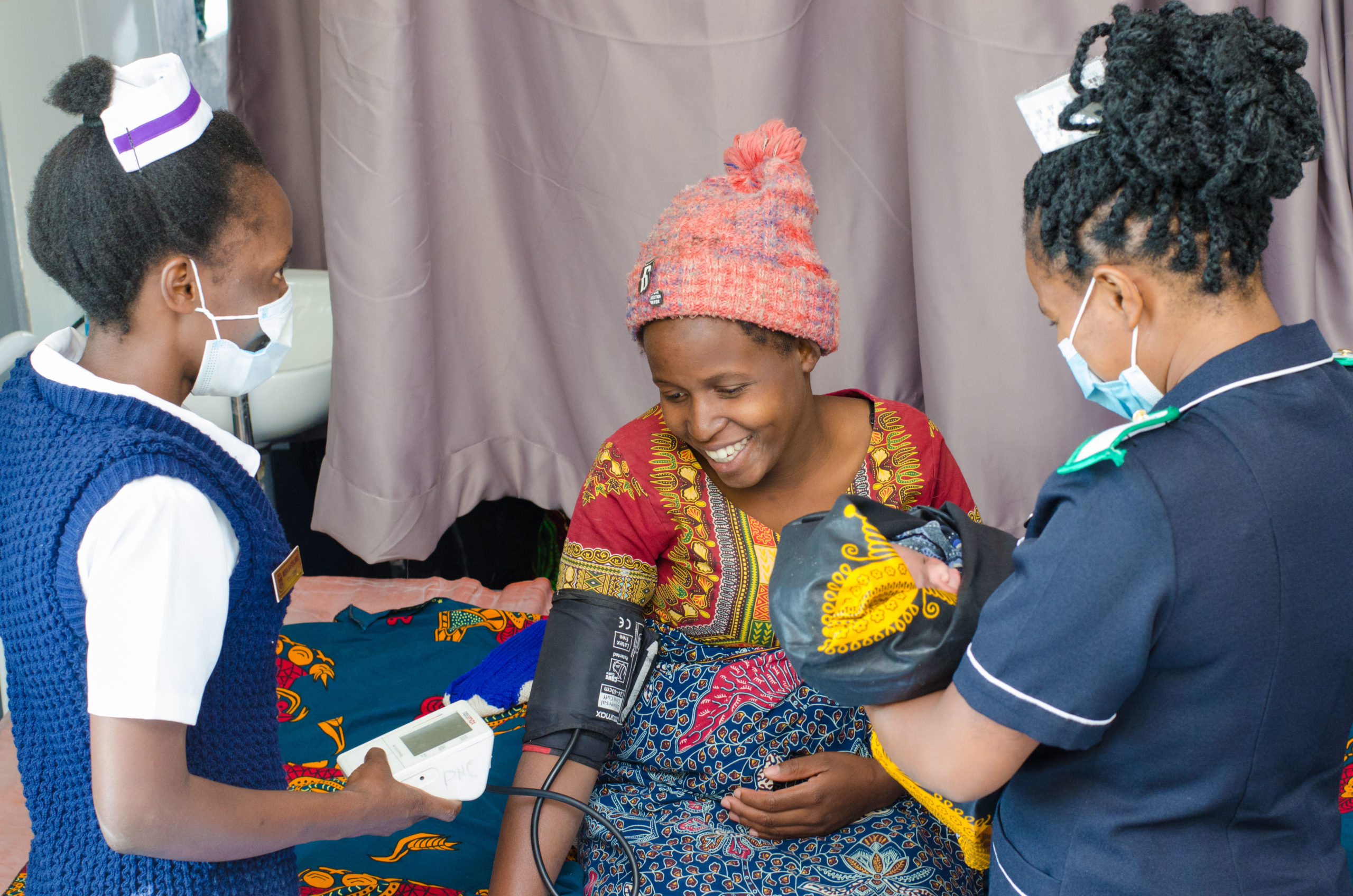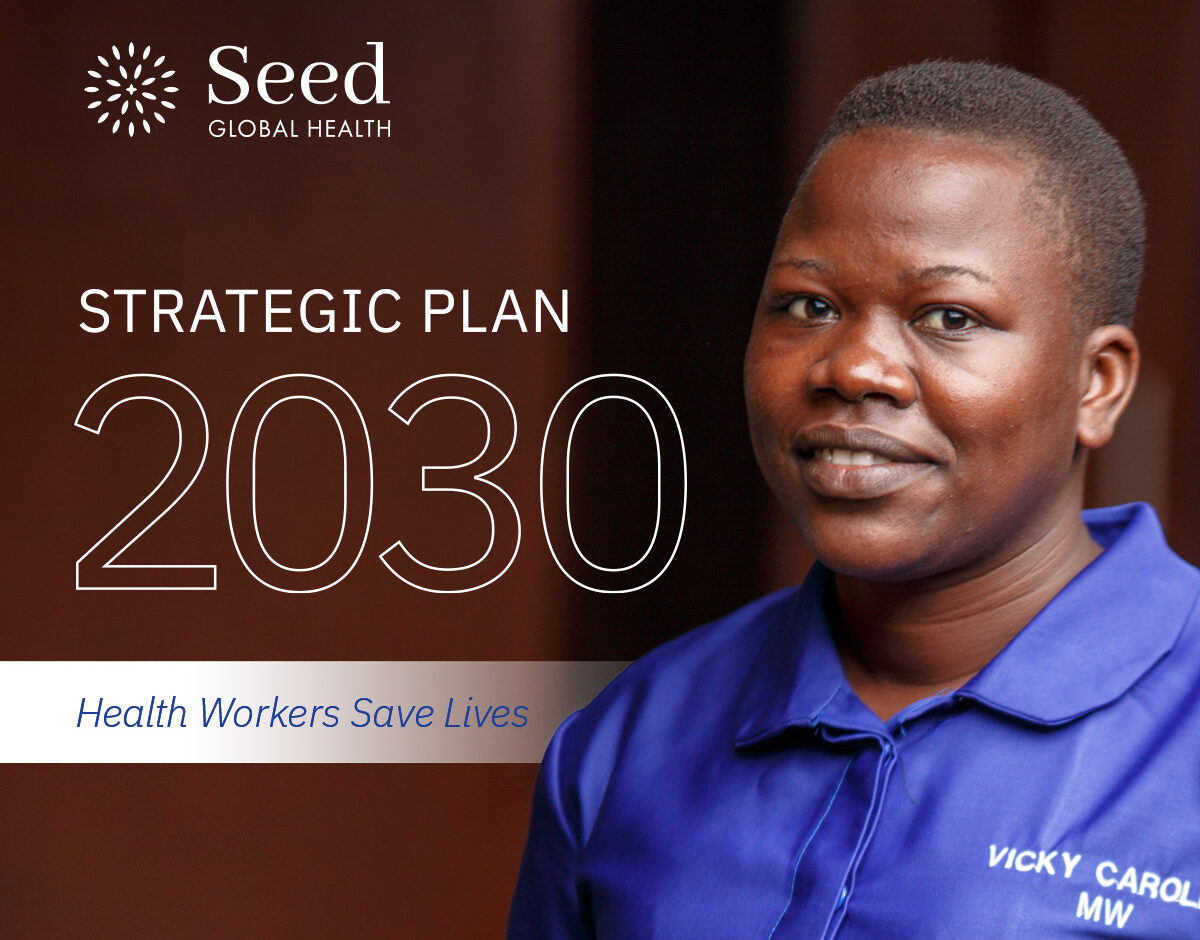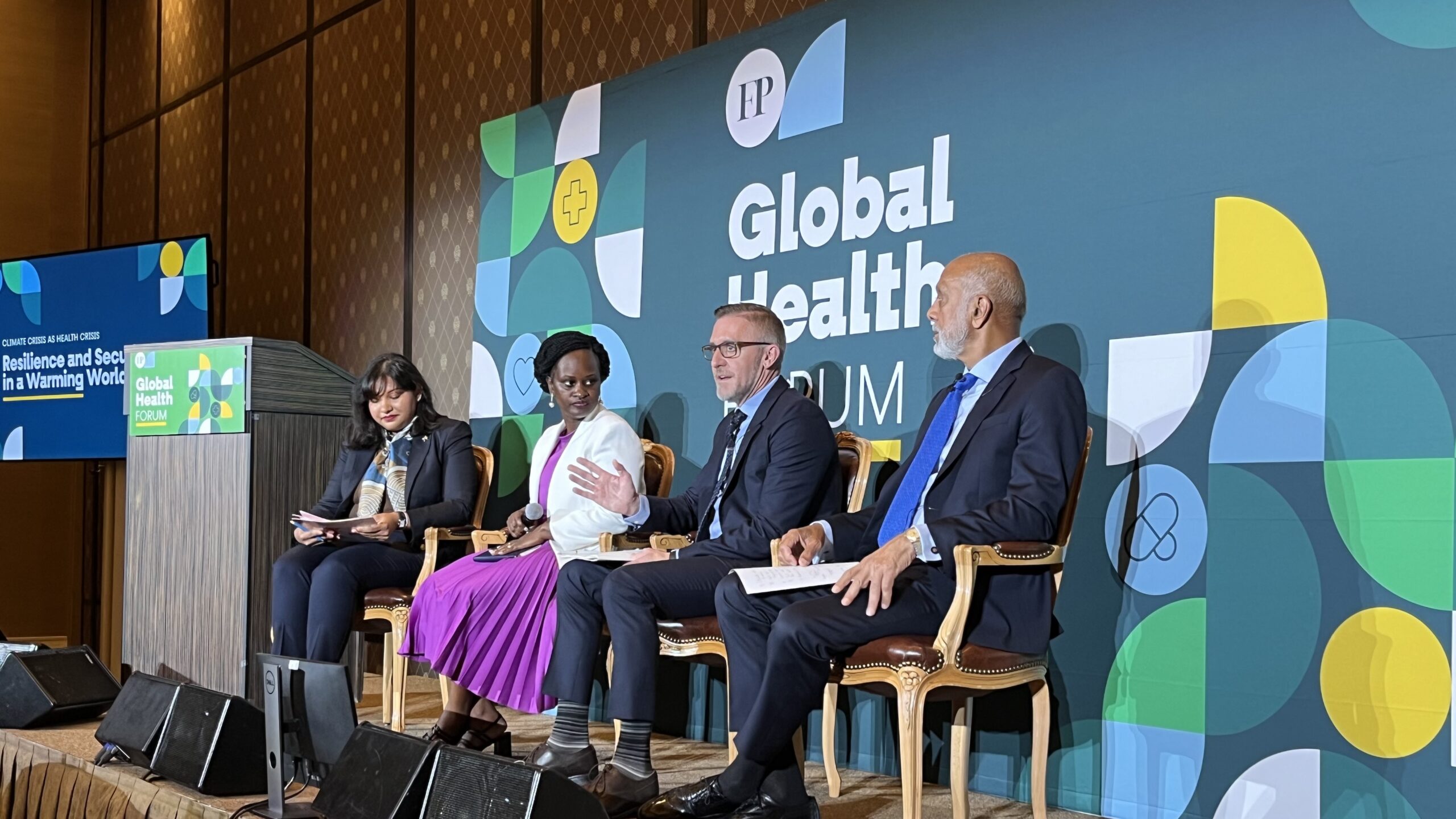
A Game-Changing New Midwifery-Led Maternity Ward
By Dr. Elizabeth Chodzaza and Tiwonge Moyo, MA
Two years ago, Kamuzu University of Health Sciences (KUHeS) partnered with Seed Global Health to transform maternity care nationally through reinstituting our country’s first and only midwifery-led maternity ward. On 4th November, the new Limbe Health Center Maternity Unit (LHC) will open at last. Through our collaboration, we have created a women-centered birth environment where expectant mothers will receive high-quality services. The ward will also enable university faculty and practicing midwives to model, teach, and practice respectful and responsive maternal care.
The COVID-19 pandemic has underscored the importance of investing in health and specifically in health professionals—like the midwives in Limbe—who are not only the backbone of strong health systems but also the key to delivering health for all. Too often, they lack the support and resources that they need to provide compassionate care. But when we focus on care providers—a majority of whom are women—and intentionally invest in them, our successes can reverberate beyond health to economic prosperity and national security.
That starts with the facility itself. With more than 250 deliveries every month in the old ward and more anticipated in the new one, we took everyone’s needs into account—patients, students, and midwives. Previously, LHC had just one shower, several broken toilets, blocked plumbing facilities, and non-functional sink basins, malfunctioning electric systems, and a lot of cramped rooms. Following the renovations over the last few months, we now have a ward with updated plumbing, demarcated spaces for midwives and patients, and patient beds that are conducive for antenatal assessments, delivery, and recovery.
For patients, this new and improved LHC will offer an unprecedented standard of care. From facilities to staffing, women can expect to get prompt triage service and expert prenatal, neonatal, and postpartum care, delivered by well-trained and well-resourced midwives.
For KUHeS School of Midwifery and midwifery students from other training colleges as well as in other specialties—LHC brings much-needed hands-on education. With centralized care and training available, students will learn directly how to navigate common challenges while understanding the systemic factors at work. They will be taught how to identify and make timely decisions on complex cases and quickly refer high-risk patients to Queen Elizabeth Central Hospital for specialized care.
Through the ward, the students will learn more about maternal care firsthand and graduate into their careers with a deep understanding of what excellent, empowered midwifery care should be and how it enhances women’s health and wellbeing.
Maternal mortality remains unacceptably high in Malawi. We can do better, and this facility is an essential first step forward. Quality of care matters, and in a country that simply does not have enough obstetrician-gynecologists, we must train and mentor skilled midwives who can emanate from Blantyre to every community in our country and emulate the high-quality care provided here. Already, LHC is the only facility of its kind in Malawi and the second in the region, so the potential is enormous, and we are ready to seize the moment.
Healthcare delivery is ultimately, at its core, a human-centered intervention. To effectively tackle maternal and neonatal health challenges in Malawi, we must invest in people—the midwives at the forefront of providing care to mothers and babies. The evidence is clear. By strengthening midwifery education and training and providing a conducive environment for midwives to practice, we can avert more than 80% of maternal deaths, stillbirths, and neonatal deaths, according to the World Health Organization. When we have a well-trained and well-connected community of midwives deployed throughout the country, we will see a true sea change in women’s health.
That’s what we’re striving for. This is what we want to do. Together, we can make sure midwives are well-supported in their education, practice, and through policy so that they can provide mothers with respectful and responsive care, save lives, and improve health outcomes.
Dr. Elizabeth Chodzaza is the Dean – Faculty of Midwifery, Neonatal and Reproductive Health Studies at Kamuzu University of Health Sciences.
Tiwonge Moyo, MA is the Country Director for Seed Global Health.
*This opinion piece was originally published on Malawi’s The Daily Times on November 2, 2021.

